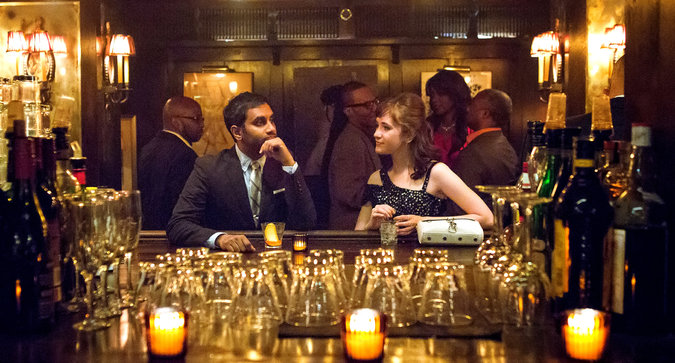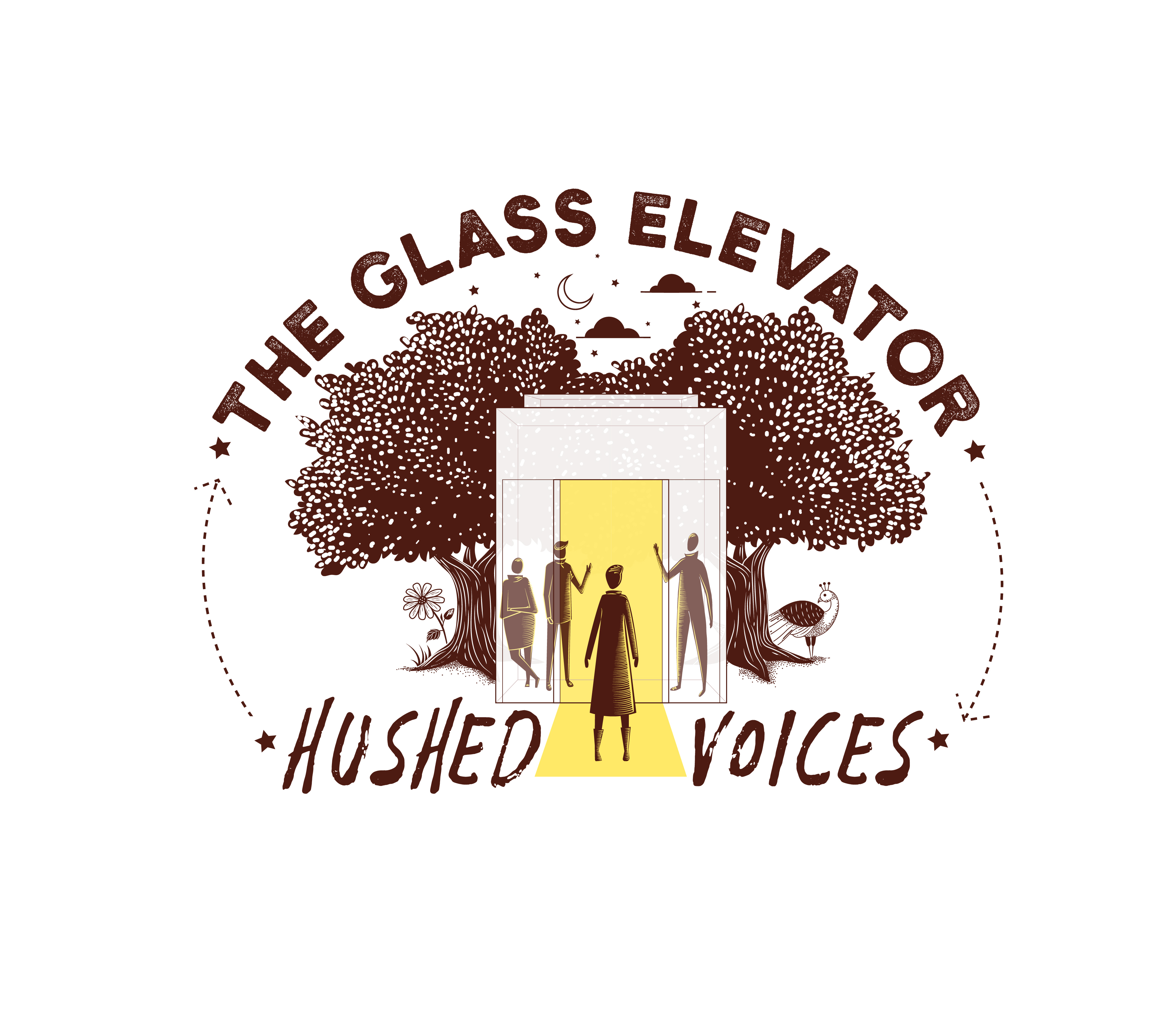“You’re out of tacos??!! What am I supposed to do now, go to the second-best place taco place in town like some asshole??”
The line above, said incredulously (and hilariously) by Dev Shah (played by Aziz Ansari), is a perfect encapsulation of everything, good and bad, that millennials face today in a maelstrom of technology. Ansari, well-known for playing Tom Haverford in Parks and Recreation, plays a similar character here – with the difference being that Master of None is a semi-autobiographical take on Ansari’s own life before hitting stardom. For Dev, only the best is good enough: the ‘best’ taco place, as shown by Yelp or Trip Advisor; the most attractive partner available on Tinder; the most edgy coffee flavour from the local barista. This is not a sign of arrogance from Dev at all – it is simply the culture of the day, where our eyes and lives are slaves to our smartphones and tablets. Strip away these layers of superficiality, however, and the heart of the show is about a first-generation Indian immigrant, coming to terms with the fact that life may just not be the fairy-tale or take a straitjacketed route that one envisages whilst growing up.
Especially if your skin colour just happens to be darker than what is considered ‘mainstream.’
 (source: http://www.eonline.com)
(source: http://www.eonline.com)
Dev’s parents (played adorably by Ansari’s real-life parents) came to the USA in the 1970s – to provide a better life to their children, as most people’s primary cause of emigrating stems from. What then goes unsaid is the huge pressure that this brings on the said children to ‘make something’ of themselves. Take for instance, the struggling actor played by Ansari, having to make do with yoghurt commercials and bit-part roles in C-grade films or the 21-year old writing this article, desperately trying to just step an initial foot in the industry he enjoys and wants to work in. If I am allowed a little bit of indulgence (and digression), there are many parallels in mine and Ansari/Shah’s story, which is the reason I feel such close affinity to the show. My parents uprooted a cosy life in India, pushed beyond their comfort zone and landed up in suburban United Kingdom, all so that my sister and I wouldn’t have to face the same problems and societal norms that they had to conform to. Ergo, the aforementioned pressure. The pressure to at least match their achievements, personally and professionally; the pressure to live my life in the way an ‘Indian’ is supposed to.
This is not the parents’ fault, of course, and Master of None does brilliantly to upend this whole stereotype of strict, Indian-culture-propagating immigrant parents. There is the legendary episode on Shah’s parents and his Taiwanese friend Brian’s dad, which is a staple of all MoN reviews that have come out since the show debuted on Netflix. There is an absolutely gorgeous episode later on in the season, which dissects Dev’s and Rachel’s (played superbly by Nöel Wells – you will fall in love with her, guaranteed) relationship, from a small-time fling to something far more serious in the space of 30 riveting minutes.
Indeed, that is the beauty of the show. It is a show where Dev, a first-generation Indian immigrant, can order drinks for his cosmopolitan friends – amongst whom include first-generation Taiwanese immigrant Brian and African-American lesbian Denise, depicting a racial diversity often lacking from Western television. It is a show where a dark-skinned person can be just as much of an ordinary human being, with the same impulses, as their fairer counterparts. Except when they can’t. Ansari and fellow Parks and Recreation writer Alan Yang manage to marry and contrast the everyday problems faced by minorities brilliantly with the otherwise seamless screenplay. Because let’s be honest, there are opportunities in life which are tougher to attain or simply unavailable for under-represented communities.
A particular case in point is the relationship between Dev and Rachel, which develops throughout the first season. Firstly, huge credit has to be given to the writers to show an interracial couple without any hint or suggestion of taboo or going against societal norms, as is most often the case; even more credit to them for portraying the relationship as realistic as I have ever seen on any show, taking into account the cultural discrepancy between the two people. For Rachel, the act of moving in to co-habitate with her boyfriend is something momentous but in the grand scheme of things, trivial; it is just what people do when they feel a bond, to test the waters before making the relationship institutional (or deciding not to). For Dev, and for anyone who has even passed within ten feet of the concept of ‘Indian culture,’ this is a massive deal. I guarantee you that every Indian, born to immigrant parents or not, has contemplated a scenario in which they have to break the news to their parents that they’re seeing someone – and even in my dreams, fairly or not, wholehearted acceptance is a distant pipedream. If dating is taboo yet somewhat acceptable, moving in with your partner before marriage is direct defiance. This is the ‘rock and a hard place’ situation that Dev finds himself in and the way it plays out is pleasant and a breath of fresh air amongst all depictions of Indian society.
 (source: http://www.nytimes.com)
(source: http://www.nytimes.com)
Despite the ethnocentric focus of the show, the discourse on topics affecting everyone, regardless of race, is mature, poignant and will make you laugh, cry and (hopefully) end the season with a smile on your face. The highlight of the season, in my opinion, occurs during Dev’s and Rachel’s attendance of a friend’s wedding. You will know exactly the scene I mean when you proceed to watch the show – and it is truly breathtaking. It brings out all the inner fears, even the ones hidden in the deep, dark recesses of an adolescent’s mind and splays them out on screen for everyone to witness in their ugly, unjust glory. It questions certain societal institutions and their respective normative behaviour and takes apart the loopholes and contradictions embedded in them, surgically at times. It is moving, horrifying and I felt as much pain for fictional characters as I ever have – and that is a good thing. The world needs to know the afflictions and maladies suffered by people of my age group and my ethnicity, as well as other minorities. Beyond iPhones and edgy Starbucks coffees, there is a whole host of fears that pervades every sense of a youth’s life, which has been unforgivably ignored by all forms of media.
Not any more. Thank you, Master of None, and long may it continue.
Article by Mihir Choughule


I like your review style, Mihir. Very authentic :). Would love to feature your reviews in our weekly curated email digest that goes out to thousands of people.
LikeLiked by 1 person
Thanks for the kind words, Elissa! 🙂 I have no problem with you using the review in your email digest, as long as the original article and The Glass Elevator get credited.
-Mihir
LikeLiked by 1 person
Sure thing! If you let me know your email we’ll send the details. Thanks 🙂
LikeLike
Of course – it’s mihirchoughule17@gmail.com
-Mihir
LikeLiked by 1 person
Thanks. Someone should have reached out to you. Let me know!
LikeLike